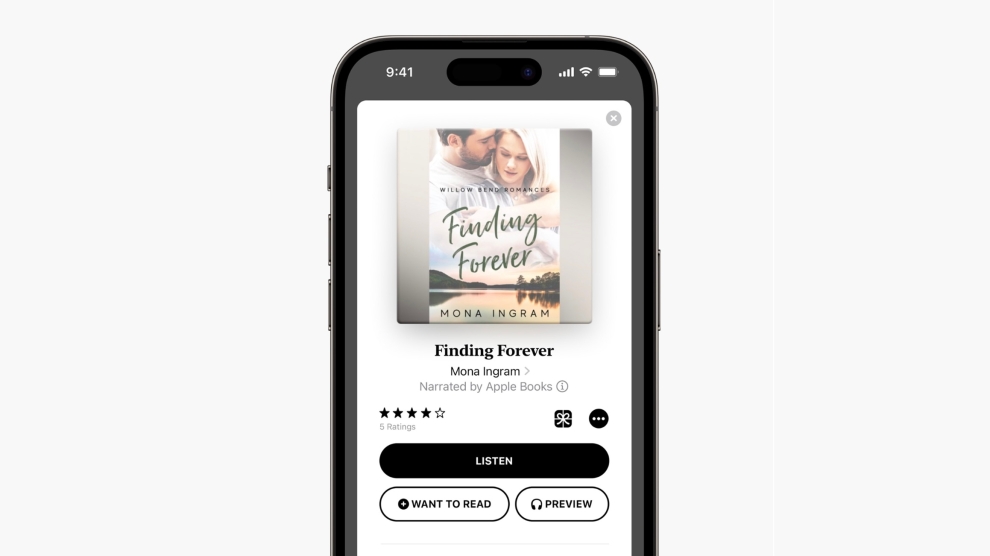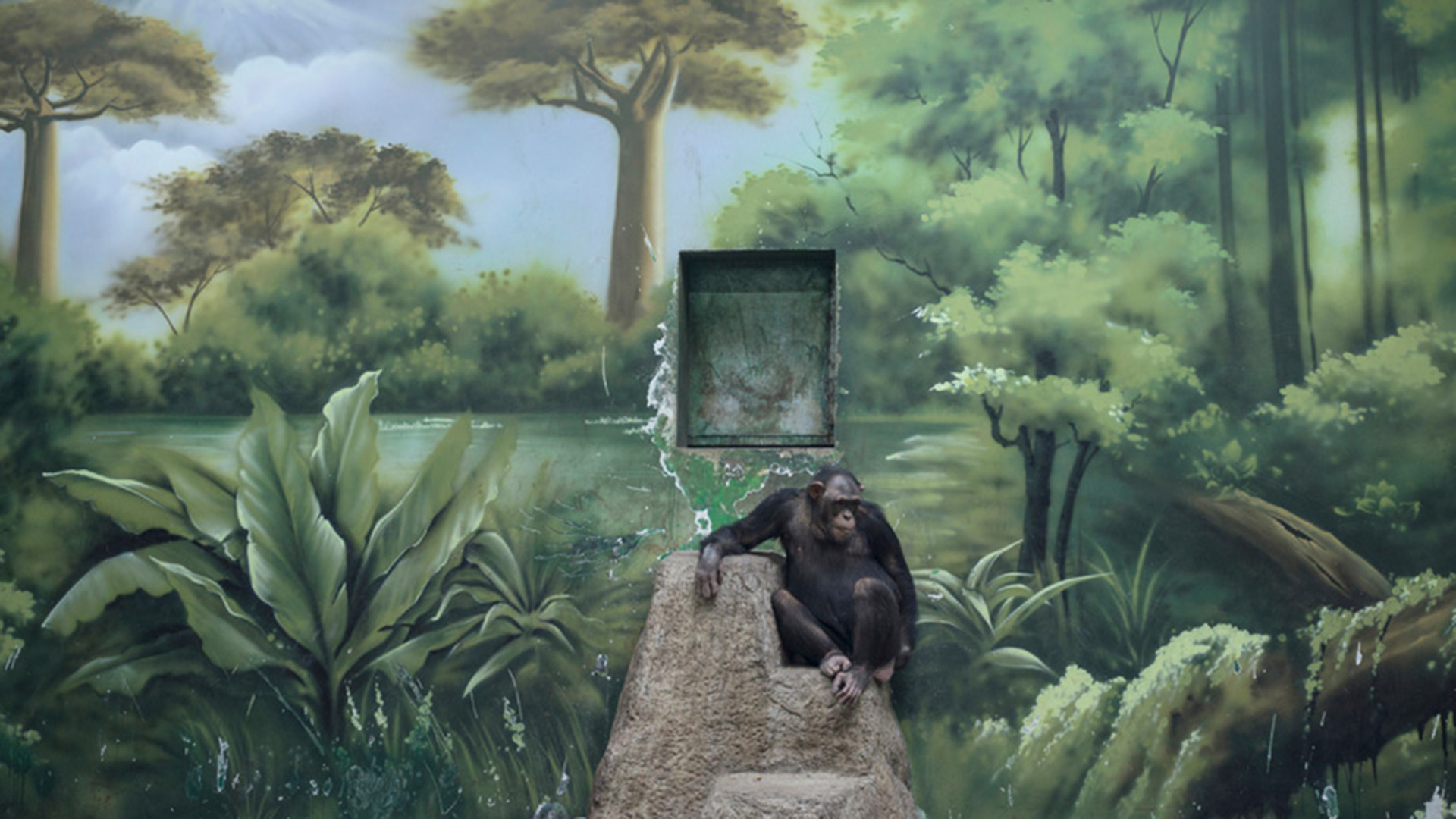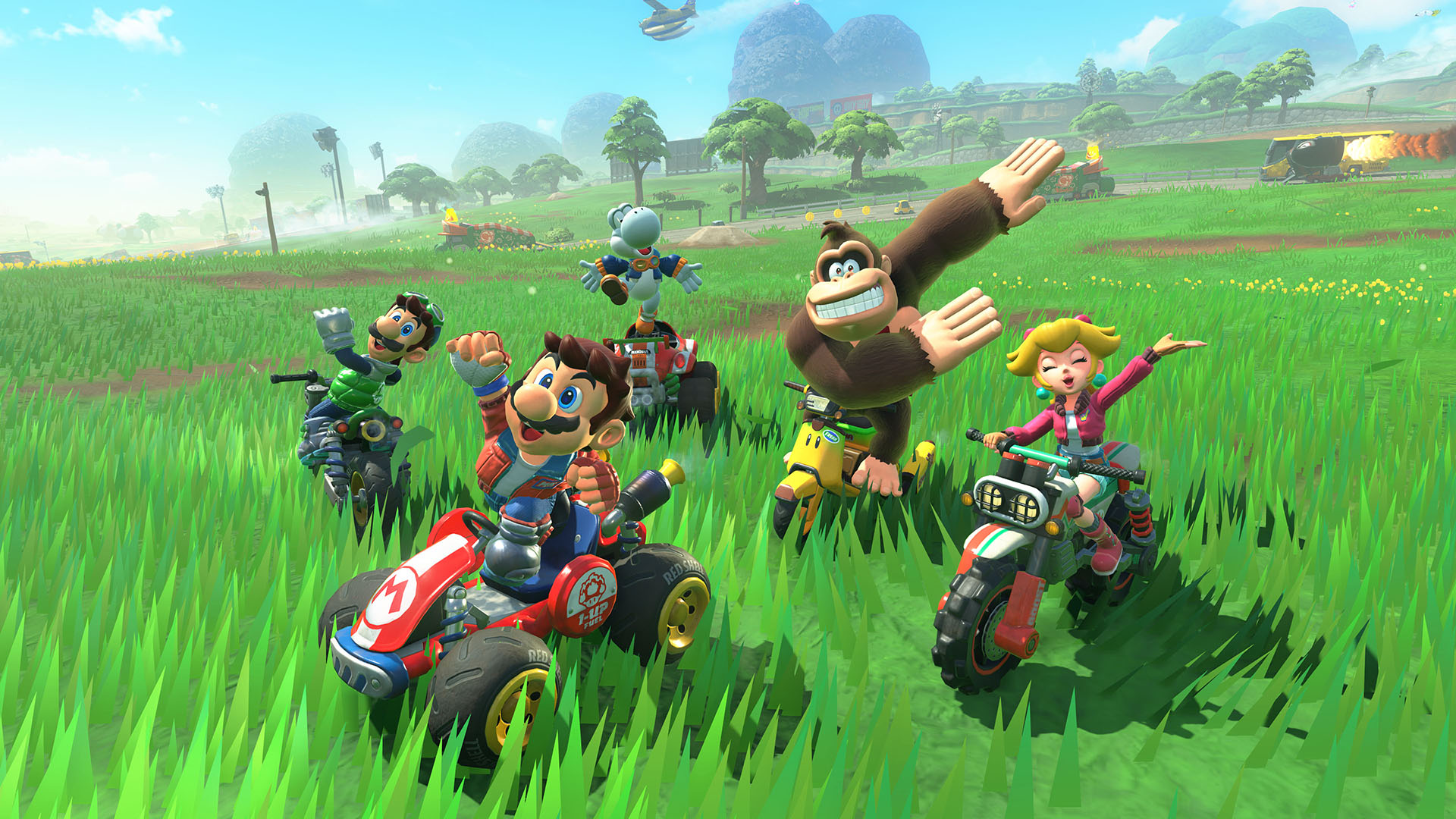

Apple has announced a new Apple Books feature, AI-powered digital narration. It enables anyone publishing to Apple Books to create an audiobook from their manuscript through the power of AI. It's a lot cheaper than hiring a professional narrator, and Apple has created specific voices for specific genres – so for example there's Madison and Jackson for fiction and romance. Apparently Apple will cover the costs of turning books into audiobooks and the process will take a couple of weeks per title.
As an author and audiobook fan you'd think I'd be excited about this. But while I think it's great from an accessibility point of view – many books never become audiobooks, and that means people with vision issues may not ever get to enjoy them – it's part of a wider move to AI-generated content that I'm really not comfortable with.
If you're an author or publisher you could use AI narration. But should you?
Narration isn't the same as reading
I listen to a lot of audiobooks, and there's much more to narration than just reading the text aloud. A good narrator brings something extra to the book. For example, I'm listening to Bono's autobiography, Surrender, at the moment, and it's narrated by the author himself. You can hear the twinkle in his eye, his frustration, his embarrassment and sometimes his sadness too. It elevates the story and makes it much more involving and entertaining. Previously I listened to an angry and timely book by Laura Bates, whose narration was urgent and passionate; before that, a funny book whose author was clearly amused by her own jokes. I loved them all.
Not all narration is that good. I've quit plenty of audiobooks because the narrator wasn't a good fit for the subject, or because their narration sucked the life from the story. And that's one of my worries here.
Leaving aside the issue of jobs – narrators find it hard enough to get work already – I'm not sure the user experience is going to be great. The voices sound okay, but they're audibly robotic – and while I'm sure AI will get things right most of the time, it won't get it right all of the time so there will be mistakes that lift you out of the story. The uncanny valley – where computer images are close to, but not quite, human – applies to audio too.
To take the Bono example, if you turned up to a U2 concert and there was someone else singing it wouldn't be the same – it might be the same notes, and the same melody, and the same music, but there would be something missing. I think it's the same with audiobooks. Given the choice of hearing the author or an actor or hearing an AI, I'd want the human every time.
Sign up to the T3 newsletter for smarter living straight to your inbox
Get all the latest news, reviews, deals and buying guides on gorgeous tech, home and active products from the T3 experts
Writer, musician and broadcaster Carrie Marshall has been covering technology since 1998 and is particularly interested in how tech can help us live our best lives. Her CV is a who’s who of magazines, newspapers, websites and radio programmes ranging from T3, Techradar and MacFormat to the BBC, Sunday Post and People’s Friend. Carrie has written more than a dozen books, ghost-wrote two more and co-wrote seven more books and a Radio 2 documentary series; her memoir, Carrie Kills A Man, was shortlisted for the British Book Awards. When she’s not scribbling, Carrie is the singer in Glaswegian rock band Unquiet Mind (unquietmindmusic).
-
 A new age of humanity wins the Sony World Photography Awards 2025
A new age of humanity wins the Sony World Photography Awards 2025Zed Nelson's Anthropocene Illusion highlights the influence of humans on the environment and the artificial spaces left for wildlife in a powerful set of images to win this year's SWPA Photographer of the Year
By Mat Gallagher
-
 How to watch Mario Kart World Direct – everything you need to know about the Switch 2 launch game
How to watch Mario Kart World Direct – everything you need to know about the Switch 2 launch gameNintendo will host a new Nintendo Direct presentation this week, here's how to watch it live and what to expect
By Rik Henderson